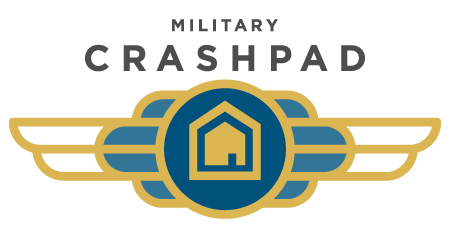Disciplined, considerate, and responsible are characteristics that often describe someone in the military. However, those principles aren’t always the case when it comes down to managing money, especially when those they have multiple deployments and TDYs that take them away from home.
Living a life where you are constantly on the move, trying to assimilate into new environments, and adjusting your normal habits in a new place is not always easy.
Luckily enough, there are a few things that will always stay the same no matter where you go. You’ll need to master a couple of money-saving tricks that will ultimately result in your budget staying healthy throughout your time in the military.
Start a Savings Account

This may not sound like a big deal, but simple banking knowledge and money management tips are not something that military personnel gets consistent training on. There’s no need to worry because there are several things you might consider doing when it comes to putting aside a portion of your paychecks into a savings account.
Setting up recurring savings in the form of an automatic transfer of a fixed sum on every paycheck is a one way of doing it. Even if it’s just $5 every month that’s automatically transferred to your savings account, that amount will grow over time. Automating this process should be fairly straightforward with apps and services offered by your bank.
Utilizing the federal Thrift Savings Plan complies with known military concepts of minimizing both expenses and taxes. The TSP is a federal tax-deferred savings plan known for its outstanding performance in the last couple of years. A big difference between the TSP and a regular savings account is that money invested in a TSP can’t be withdrawn until retirement age without penalty fees. You can choose from one of the two known forms of TSP.
Adjust Your Spending Habits

Changing and/or adopting different spending habits can do wonders for your budget. By saying this, we mean applying money-saving principles such as bringing your own food and coffee to work (which can save you $10-$20 per day on average), as opposed to eating out or going through the drive-thru of Starbucks every morning.
Knowing how to improve your car’s gas efficiency and refilling it at the base gas station, or creating a budget for things you commonly purchase (make lists when you visit the grocery store or when shopping for apparel) can also aide in instant savings.
Housing Money-Saving Tips

Choosing a new home for your family is possibly the most important thing that can affect your budget. Living on-base is one option, but making a reservation in a furnished apartment, for example, is something that you should seriously consider. Especially since you have an entire family who is moving with you and the effects of moving are stressful.
A home in a residential area will provide your family members with everything they need for a comfortable and normal way of life. Your spouse can seek job opportunities in the area which can also allow them to focus on their professional career. As for your children, it will allow them to make new friends and socialize on a higher level.
Lastly, when choosing a home for your family, another important factor to consider is the amount of time it will take for you to commute to the installation. The amount of time it takes you and the distance will factor into your budget because of the increased gas usage and time away from other activities.
These are only a few of the things you should consider to save money. The more time you take to educate yourself on personal finance, budgeting, saving, and investing, the better prepared you’ll be for situations where you need money the most.








